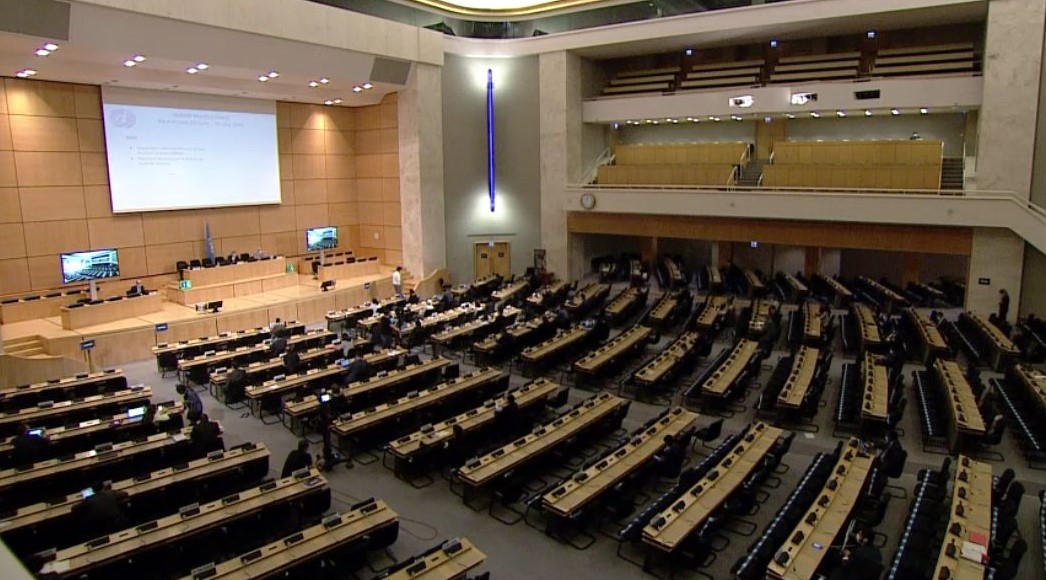
UN: ICJ stresses lack of accountability for human rights violations in the Philippines
The ICJ expressed concern today at the lack of accountabiltiy for human rights violations occurring in the Philippines, before the UN Human Rights Council.

The ICJ expressed concern today at the lack of accountabiltiy for human rights violations occurring in the Philippines, before the UN Human Rights Council.
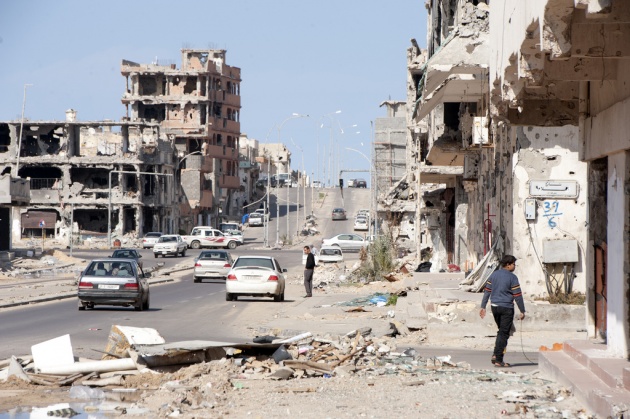
The ICJ today called on UN Member States to ensure support for the UN Independent Fact-Finding Mission on Libya (FFM) and called on this Council to renew its mandate.
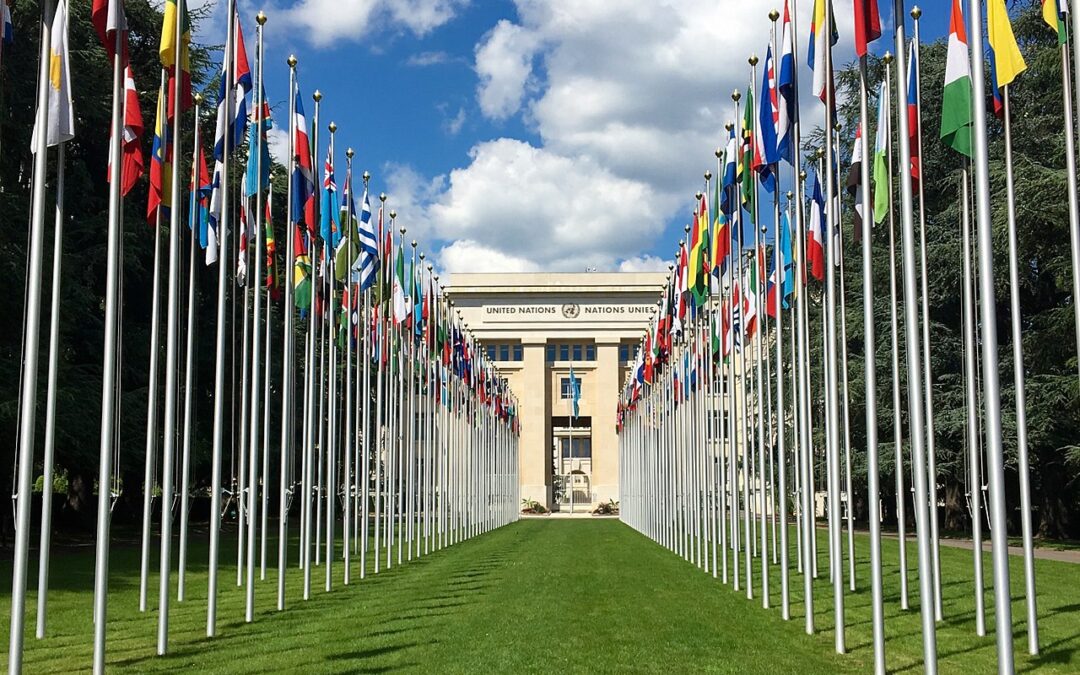
Madame President,
Lawyers’ Rights Watch Canada and the International Commission of Jurists welcome the Special Rapporteur’s report.[1] We agree that long-term “regression of… democratic space and civil and political rights and freedoms, interlinked with… monopolization of power” is the key issue.[2]
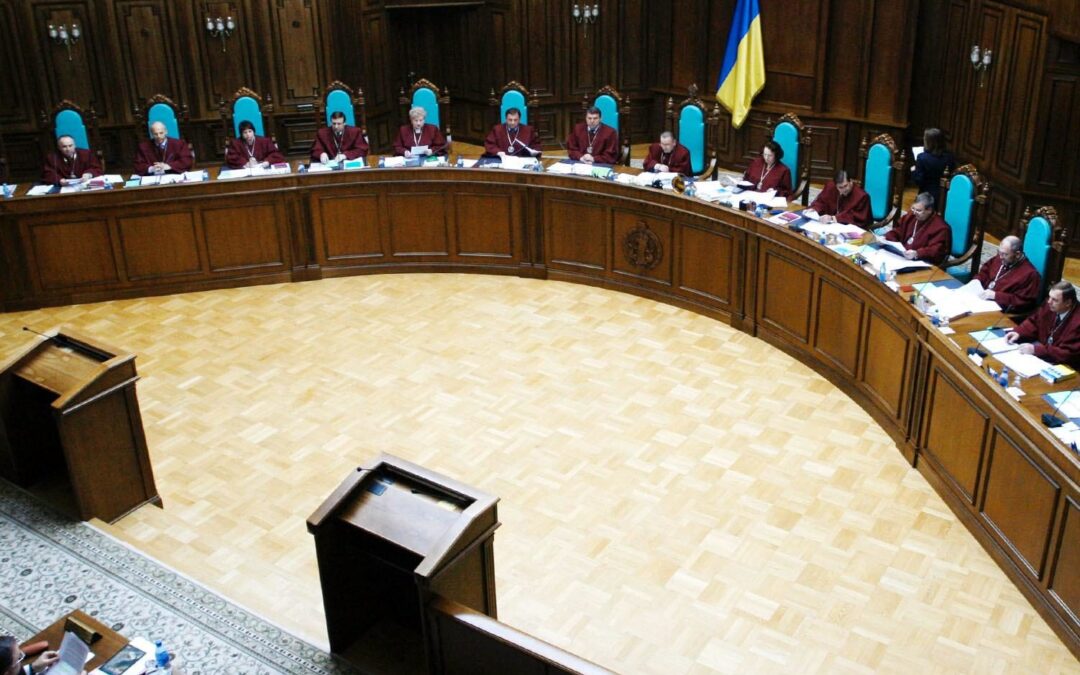
The ICJ today urged the UN Human Rights Council to call on Ukrainian authorities to uphold judicial independence and protect lawyers under attack for their work during the interactive dialogue with the Deputy High Commissioner on the situation of human rights in Ukraine.

Before the UN Human Rights Council, the ICJ today expressed support on the High Commissioner for Human Rights’ call to ban AI applications that are not human rights compliant and expressed support for UN Special Procedures’ work.
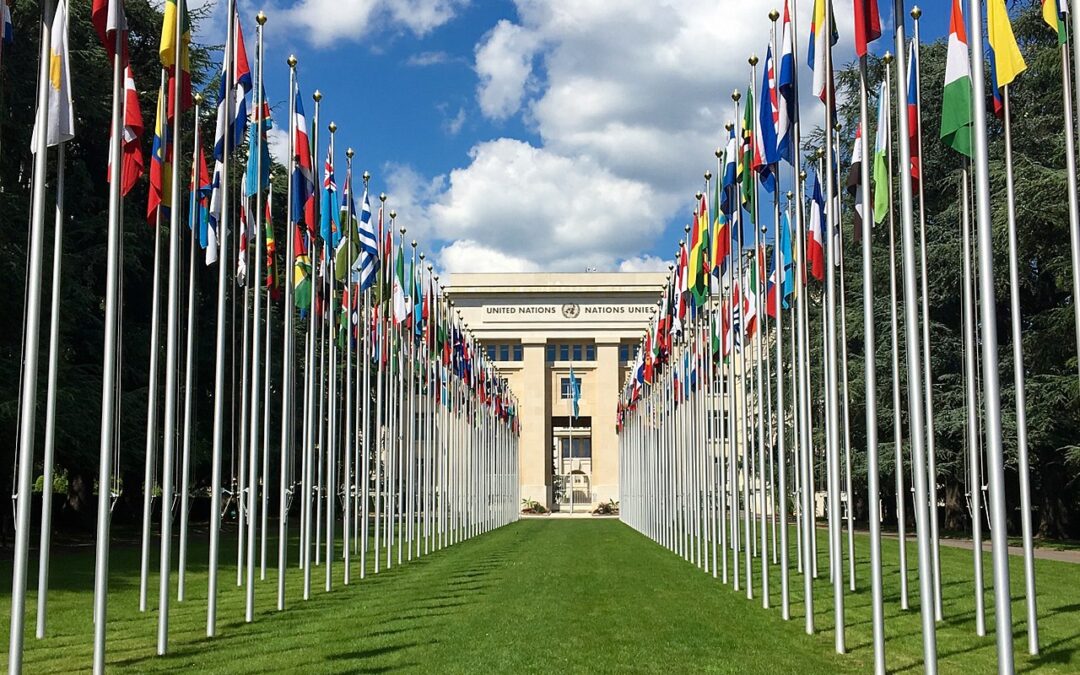
Amidst emerging threats to civic space, representatives from civil society called on Singapore’s Government to abide by its international legal obligations and commitments to respect fundamental freedoms in a Human Rights Council side event.